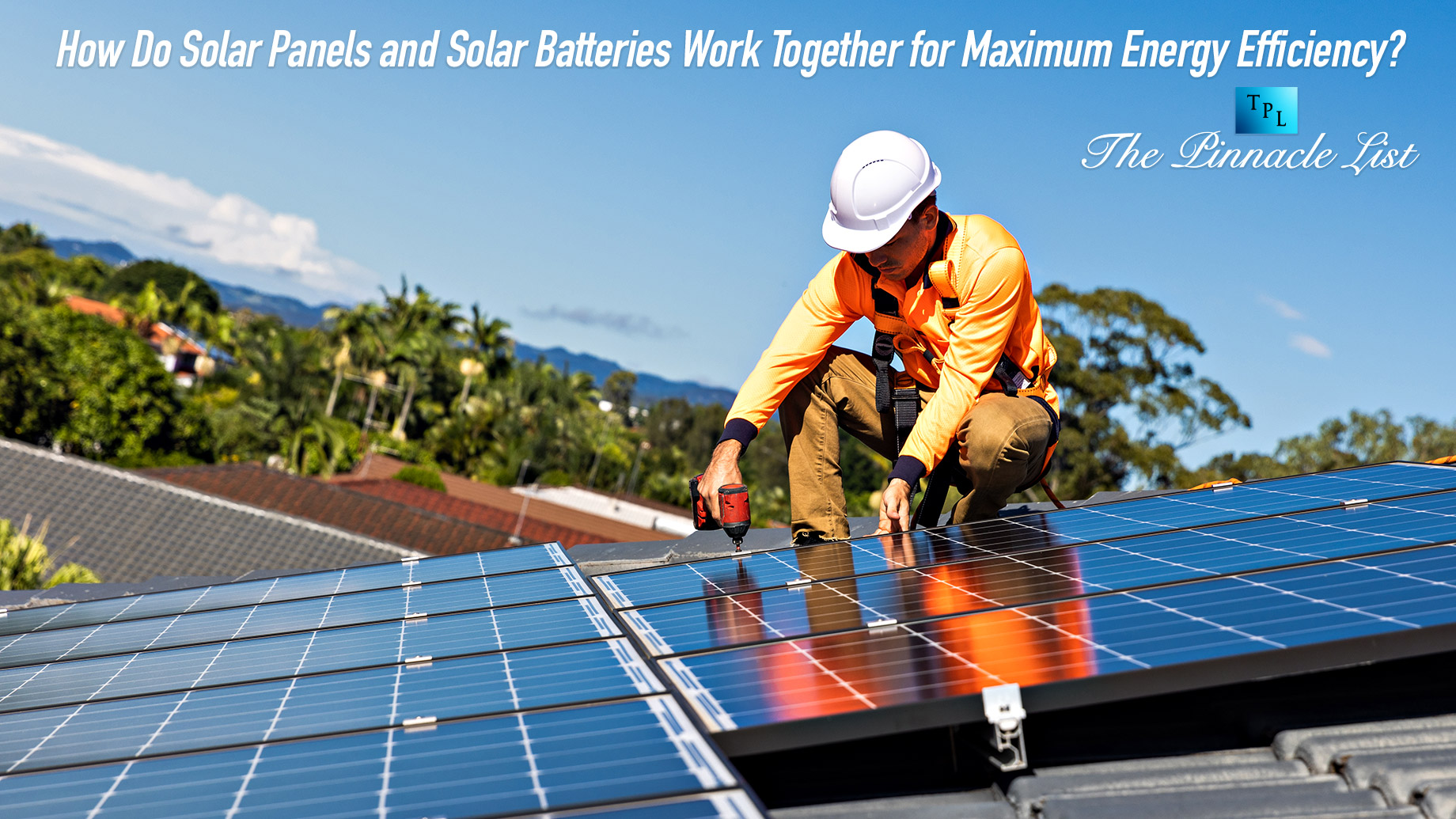
In an age where energy efficiency and sustainability are more critical than ever, solar panels have emerged as a vital technology for harnessing renewable energy. When paired with solar batteries, these systems can maximize energy efficiency, offering homeowners and businesses a reliable and eco-friendly power source. This article delves into how solar panels and solar batteries work together to create a seamless and efficient energy ecosystem.
Understanding Solar Panels
Solar panels convert sunlight into electricity through the photovoltaic effect. When sunlight strikes the solar cells within the panels, it excites electrons, creating an electric current. This process is essential for generating renewable energy. The electricity produced can be used immediately, directed to appliances, or fed into the electrical grid. However, the energy generated can fluctuate based on weather conditions and the time of day, which presents a challenge for a consistent energy supply.
The Role of Solar Batteries
Solar batteries play a crucial role in storing excess energy generated by solar panels. When solar panels produce more electricity than is consumed, the surplus energy can be stored in these batteries for later use. This storage capability is vital for maximizing energy efficiency, especially during periods of low sunlight, such as cloudy days or nighttime. By storing energy, solar batteries ensure that homeowners and businesses can rely on their solar power system even when sunlight is not available.
Synergy Between Solar Panels and Solar Batteries
The combination of solar panels and solar batteries creates a powerful synergy. When solar panels generate electricity during peak sunlight hours, any excess energy is directed to the battery for storage. This energy can be used later, reducing reliance on the grid and lowering electricity bills. This setup not only enhances energy efficiency but also provides energy independence, allowing users to rely less on traditional energy sources.
For instance, during the day, a household may produce more energy than it needs. The surplus is stored in the solar battery, which can then supply power during the evening when energy demand peaks. This strategy allows users to maximize the utility of their solar panels and minimize energy waste, leading to significant savings over time.
Managing Energy Demand
One of the key advantages of integrating solar panels with batteries is the ability to manage energy demand effectively. Solar batteries can be programmed to discharge energy during high-demand periods, further optimizing energy usage. For example, if a household uses a substantial amount of electricity during the evening, the solar battery can supply that energy, reducing the need to draw from the grid.
This capability is particularly beneficial in areas with time-of-use pricing, where electricity rates vary based on demand. By using stored energy from solar batteries during peak pricing times, consumers can avoid high costs and enhance their overall energy efficiency.
Enhancing System Longevity and Performance
The interaction between solar panels and solar batteries also contributes to the longevity and performance of the overall energy system. When homeowners use stored energy, it reduces the wear and tear on the solar panels. Additionally, solar batteries can smooth out the fluctuations in energy production, providing a stable supply of electricity. This stability not only extends the lifespan of the solar panels but also improves their efficiency.
Regular maintenance and monitoring of both systems can ensure they operate optimally. Many modern solar battery systems come equipped with software that tracks energy production and usage patterns, allowing users to make informed decisions about their energy consumption. By understanding how much energy their solar panels produce and how much they use, homeowners can optimize their systems for maximum efficiency.
Environmental Impact
The combined use of solar panels and batteries has a positive impact on the environment. By relying on solar energy, households and businesses can significantly reduce their carbon footprint. This transition away from fossil fuels contributes to a cleaner and more sustainable energy future. Moreover, using stored solar energy reduces the demand on the grid, which can help lower emissions from traditional power plants.
Conclusion
The integration of solar panels and solar batteries offers a robust solution for maximizing energy efficiency. By harnessing the power of the sun and storing excess energy, users can enjoy reliable, cost-effective, and environmentally friendly electricity. This synergy not only enhances energy independence but also contributes to a sustainable future. As technology continues to evolve, the efficiency of solar panels and batteries will likely improve, making them an increasingly attractive option for energy consumers around the world. Embracing this combination is a step toward a greener, more efficient energy landscape.